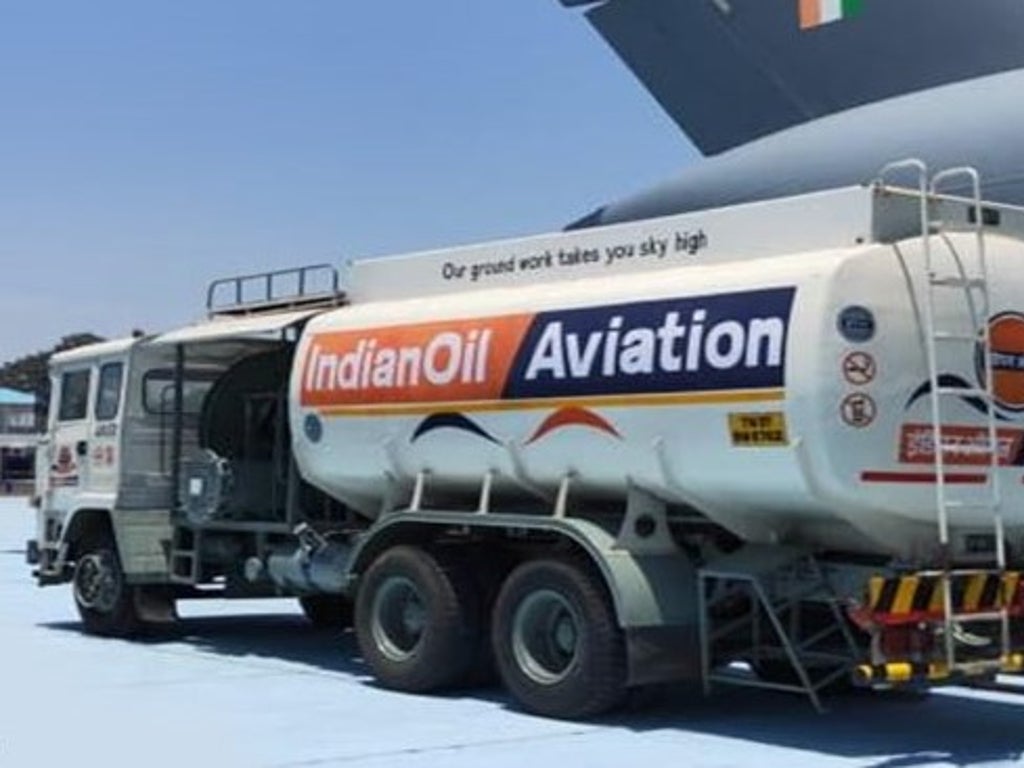
India’s Union Minister for Petroleum and Natural Gas, Hardeep Singh Puri, said on Friday that the country plans to use 1% sustainable aviation fuel (SAF) for domestic airlines by 2025.
India will need 140 million litres of SAF per year. Puri added: “More ambitiously, if we target for 5% SAF blend, India requires around 70 crore (700m) litre of SAF/ annum.”

Discover B2B Marketing That Performs
Combine business intelligence and editorial excellence to reach engaged professionals across 36 leading media platforms.
The government statement said that India has achieved a significant development towards decarbonising the aviation sector. The test flight from Pune to Delhi using “indigenously produced” SAF was successful on 19 May.
“By 1% SAF blending, more than [500,000] farmers get benefitted by supplying sugarcane as feedstock. Additionally, more than [100,000] green jobs will be generated,” he added.
During his speech, Puri pushed the need to produce fuel from alternative and sustainable sources to achieve net-zero emissions by 2070.
According to news agency the Hindu, India has no policies governing SAF, unlike the US and some European countries. The European Commission mandated using SAF to operate from 2025, with a minimum volume of 2%.

US Tariffs are shifting - will you react or anticipate?
Don’t let policy changes catch you off guard. Stay proactive with real-time data and expert analysis.
By GlobalDataThe government statement said India’s civil aviation sector consumed around eight million tonnes of aviation turbine fuel while emitting 20 million tonnes of greenhouse gases in 2019. “India has feedstock for potential production of 19–24 million tonnes of SAF per year, whereas the estimated maximum requirement of SAF in India, considering 50% blend, is around eight to ten million tons per year by 2030,” Puri said.
Indian Prime Minister Narendra Modi announced the country’s target of achieving net zero by 2070 at COP26. An independent research organisation, Climate Action Tracker, said in a report: “It [long-term strategy for low carbon development] neither presents any emissions pathways nor does it show to what extent their policies and measures will translate into the required emissions reductions by 2070.”





